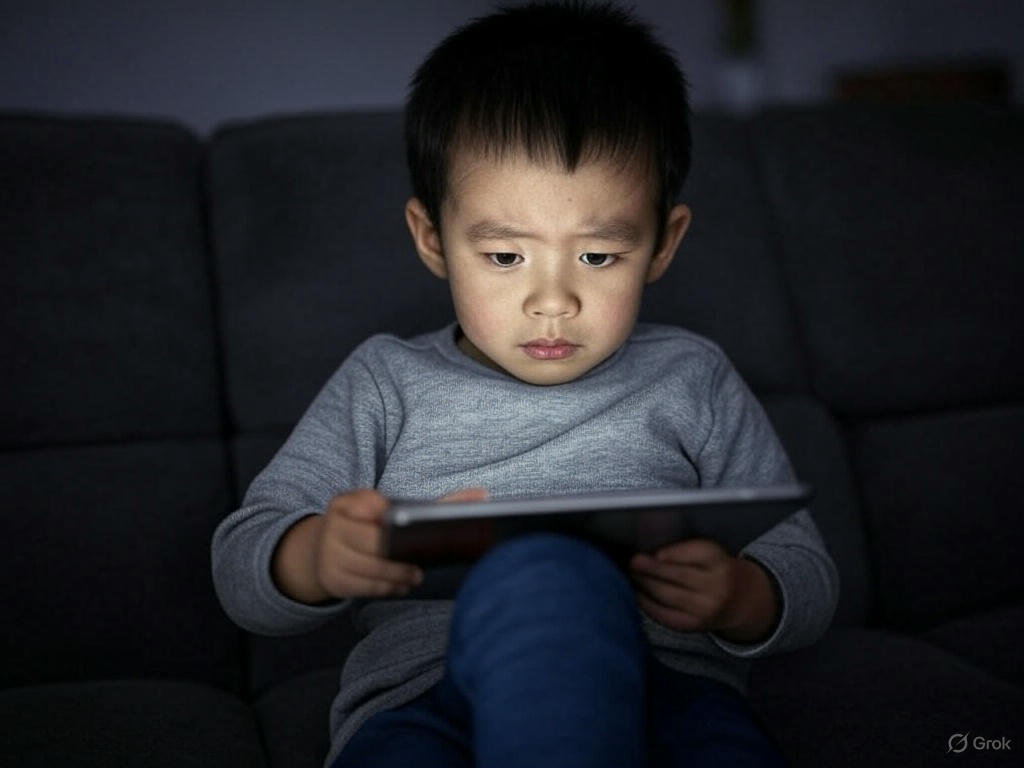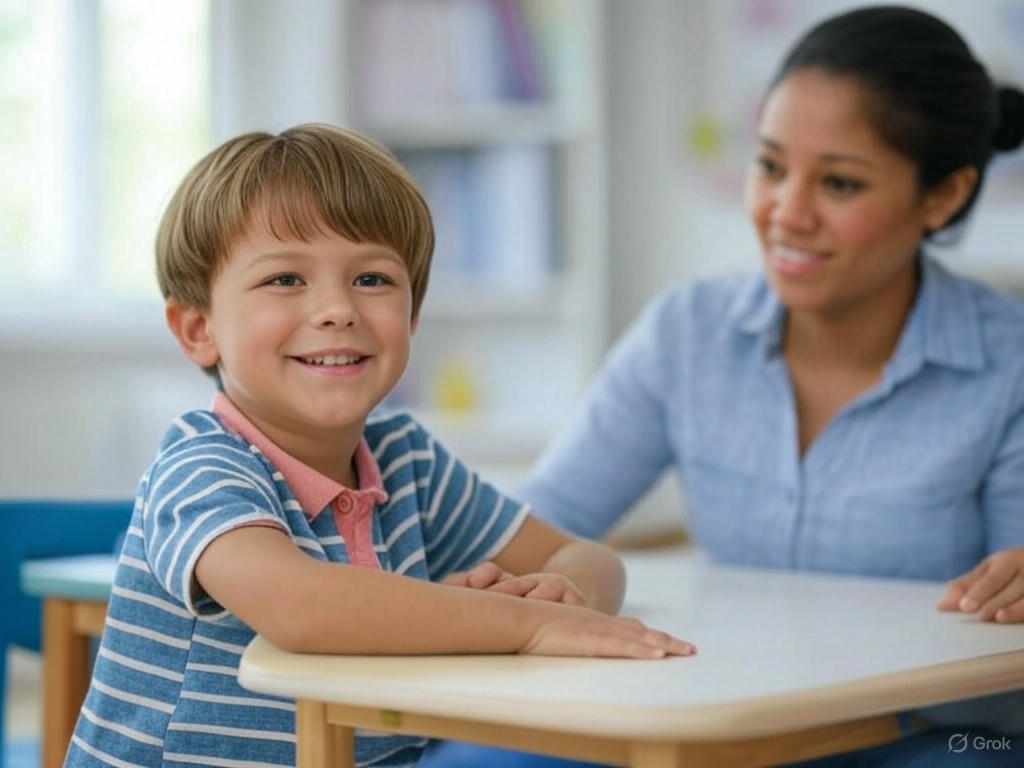Preparing Your Child for Preschool: A Comprehensive Guide
Understanding the Importance of Preschool
Preschool is a critical stepping stone in a child’s educational journey. It provides a structured environment where children can develop essential cognitive, social, and emotional skills. Preparing your child for preschool ensures they are ready to embrace this new chapter with confidence.
Studies show that children who attend preschool are more likely to succeed academically and socially in later years. According to the National Institute for Early Education Research (NIEER), high-quality preschool programs can significantly improve a child’s readiness for kindergarten and beyond.
Preschool also introduces children to routines and expectations, helping them transition smoothly into formal schooling. By preparing your child for preschool, you’re setting the foundation for lifelong learning and adaptability.
Moreover, preschool fosters creativity and curiosity through play-based learning. This early exposure to structured activities and peer interaction is invaluable for a child’s holistic development.
Assessing Your Child’s Readiness
Before preparing your child for preschool, it’s essential to assess their readiness. Every child develops at their own pace, so understanding their unique needs and abilities is crucial.
Signs of preschool readiness include basic communication skills, the ability to follow simple instructions, and a willingness to interact with peers. If your child demonstrates these traits, they may be ready to start preschool.
However, if your child struggles with separation anxiety or has difficulty adapting to new environments, additional preparation may be needed. Speak with your pediatrician or an early childhood educator for guidance.
Remember, readiness isn’t just about academic skills. Emotional and social readiness are equally important. Preparing your child for preschool involves nurturing these aspects to ensure a positive experience.
Establishing a Routine Ahead of Time
One of the best ways to prepare your child for preschool is by establishing a routine. Consistent daily schedules help children feel secure and understand what to expect.
Start by setting regular wake-up, meal, and bedtime routines. Gradually introduce activities that mimic a preschool day, such as storytime, snack breaks, and play sessions.
Consistency is key. A predictable routine helps children transition smoothly into the structured environment of preschool. It also reduces anxiety and builds a sense of responsibility.
For example, if your child will need to wake up at 7:00 AM for preschool, begin adjusting their bedtime and wake-up time a few weeks in advance. This gradual shift will make the transition easier.
Introducing Social Skills and Interaction
Social skills are a cornerstone of preschool readiness. Preparing your child for preschool involves teaching them how to interact with peers and adults in a positive way.
Encourage playdates or group activities where your child can practice sharing, taking turns, and resolving conflicts. These experiences help them build the social skills needed for preschool.
Model good behavior by demonstrating kindness, patience, and active listening. Children often learn by observing their parents and caregivers.
Additionally, role-playing scenarios like introducing themselves or asking for help can boost your child’s confidence in social settings.
Encouraging Independence in Daily Tasks
Preschool is a time for children to develop independence. Preparing your child for preschool includes teaching them to manage simple tasks on their own.
Start with basic self-care skills like washing hands, using the restroom, and putting on shoes. These small steps build confidence and self-reliance.
Involve your child in age-appropriate chores, such as tidying up toys or setting the table. These activities teach responsibility and prepare them for the structured environment of preschool.
Remember to celebrate their efforts, even if the results aren’t perfect. Positive reinforcement encourages a growth mindset and a willingness to try new things.
Familiarizing Your Child with the Preschool Environment
Visiting the preschool ahead of time can ease your child’s transition. Familiarity with the environment helps reduce anxiety and builds excitement.
Many preschools offer orientation sessions or open houses. Take advantage of these opportunities to explore the classroom, meet teachers, and interact with other children.
Reading books about starting preschool or watching videos can also help your child understand what to expect. Discuss the activities they’ll enjoy, such as art projects, storytime, and outdoor play.
By familiarizing your child with the preschool environment, you’re helping them feel more comfortable and confident on their first day.
Building Emotional Resilience and Confidence
Preparing your child for preschool involves nurturing their emotional resilience. Change can be overwhelming, but with the right support, your child can adapt successfully.
Teach your child to express their feelings and reassure them that it’s okay to feel nervous or excited. Open communication builds trust and emotional security.
Encourage problem-solving skills by allowing your child to make choices, such as picking their outfit or deciding on a snack. These small decisions boost confidence and independence.
Remember, your attitude sets the tone. Stay positive and enthusiastic about preschool to help your child feel the same way.
Communicating with Teachers and Staff
Building a strong relationship with your child’s teachers and staff is essential when preparing your child for preschool. Open communication ensures a smooth transition and addresses any concerns.
Share important information about your child, such as allergies, preferences, or any special needs. This helps teachers provide the best care and support.
Regularly check in with teachers to discuss your child’s progress and address any challenges. Collaboration between parents and educators is key to a successful preschool experience.
For resources on inclusive education or disability screening, visit Prashast.org. Their expertise can guide you in ensuring your child’s unique needs are met.
Addressing Separation Anxiety
Separation anxiety is common when preparing your child for preschool. It’s natural for children to feel apprehensive about being away from their parents.
To ease this transition, practice short separations before preschool starts. Gradually increase the duration to help your child adjust.
Establish a goodbye routine, such as a hug or a special phrase. Consistency reassures your child that you’ll return.
Remember, separation anxiety is temporary. With patience and support, your child will gain confidence and adapt to their new environment.
Celebrating Milestones and Progress
As your child embarks on their preschool journey, celebrate their milestones and progress. Positive reinforcement boosts their confidence and motivation.
Whether it’s learning to share, completing a craft project, or making a new friend, acknowledge their achievements. These moments are stepping stones in their development.
Keep a journal or scrapbook to document your child’s preschool experiences. This not only creates lasting memories but also helps you track their growth.
By celebrating their progress, you’re reinforcing the importance of effort and perseverance in achieving goals.
Conclusion
Preparing your child for preschool is a rewarding journey that sets the stage for their future success. By focusing on readiness, routines, social skills, independence, and emotional resilience, you’re equipping your child with the tools they need to thrive.
Remember, every child is unique. Tailor your approach to their individual needs and celebrate their progress along the way. With patience, support, and preparation, your child will embrace preschool with confidence and enthusiasm.
For additional resources on inclusive education or disability screening, visit Prashast.org. Their expertise can help ensure your child’s preschool experience is inclusive and supportive.
FAQ: Preparing Your Child for Preschool
- What age should I start preparing my child for preschool?
- Most children start preschool between the ages of 3 and 4. Begin preparing your child for preschool a few months before their start date to ensure a smooth transition.
- How can I help my child overcome separation anxiety?
- Practice short separations, establish a goodbye routine, and reassure your child that you’ll return. These steps can help ease separation anxiety when preparing your child for preschool.
- What should I do if my child isn’t ready for preschool?
- If your child isn’t ready, consider delaying their start or seeking advice from an early childhood educator. Every child develops at their own pace, so focus on gradual preparation.



